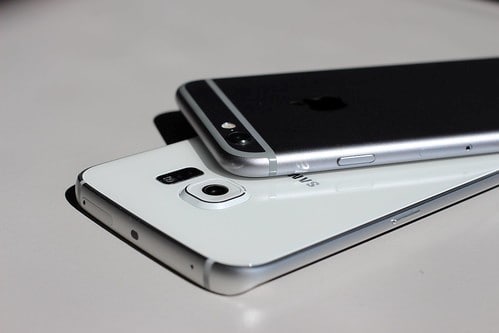Following the rise of digitalization and the continued advancements made within the health industry, remote medical applications are now more valuable than ever before. Much like many other sectors, the technology that’s being utilized is continually being developed, which helps to promote a more convenient and healthier future within society.
As a result, we’re going to look at a few modern-day applications that have significantly modernized the health sector. Additionally, we’ll also consider why such advancements have become so popular.
What’s on the Market?
Lumify
As mentioned above, many of the contemporary creations in the remote health sector are looking to improve convenient access to crucial pieces of medical equipment and information. The Lumify ultrasound app, which has been developed by Philips, provides trained doctors with the possibility of performing a mobile scan through the software’s compatibility with Android devices. Along with optimized imagery, the program’s OB Calculator offers estimates regarding the fetus’ gestational age and weight, while the M Mode focuses on essential health factors such as heart rate and movement.
In addition to being beneficial to whoever takes the scan, there are numerous elements developed within this app that seeks to give the patient peace of mind. Upon the completion of the scan, there is an option to save the most informative pictures into an accessible library that can later be accessed, reviewed, and shared through the securely encrypted security systems.
BlueStar
According to figures dating back to September 2018, one in seven Americans now has diabetes, which equates to approximately 14 percent of the entire adult population. WellDoc, the creators of BlueStar, an app which seeks to help patients properly manage their diabetes, attempts to increase the level of communication between sufferers and trained professionals.
Driven by artificial intelligence, the mobile application collects health data before providing real-time feedback. While contact through the 24-hour support network is easily accessible, users are also encouraged to record their medicine taking and, at the end of the week, are given a report which provides an insight into their recent performance. Crucially, for those with diabetes, BlueStar looks to integrate all of the necessary data and support networks into one convenient platform.
How Have They Become So Pivotal?
Aside from the convenient health-tracking element that comes with mobile developments, the widescale compatibility of the market is one of the fundamental reasons for the recent surge in medical apps. Figures from a report by IQVIA state that there are now around 318,000 health apps across the various app stores, which ensures an extensive array of choices depending on the medical condition and smartphone operating system.
Outside of the healthcare sector, this degree of compatibility has also been integrated into other highly-demanding marketplaces. For example, developments including Apple Music, Spotify, and YouTube Music highlight just some of the available music-streaming platforms on offer within the mobile market. Furthermore, this is also the case within the iGaming industry. At some of the sector’s top casinos, such as Jack Million and Tangiers, for example, prospective users can enjoy the best pokies that offer cash bonuses and free spins on compatible Android or iOS devices from any location.
The Catalyst for a Healthier Future?
While the remote healthcare industry is certainly making strides in the right direction, it remains to be seen as to whether it can be the catalyst for a healthier long-term future. With that said, however, there can be no doubts that the developments listed above have significantly modernized the outlook of the health industry by making data tracking and professional communication more accessible.


